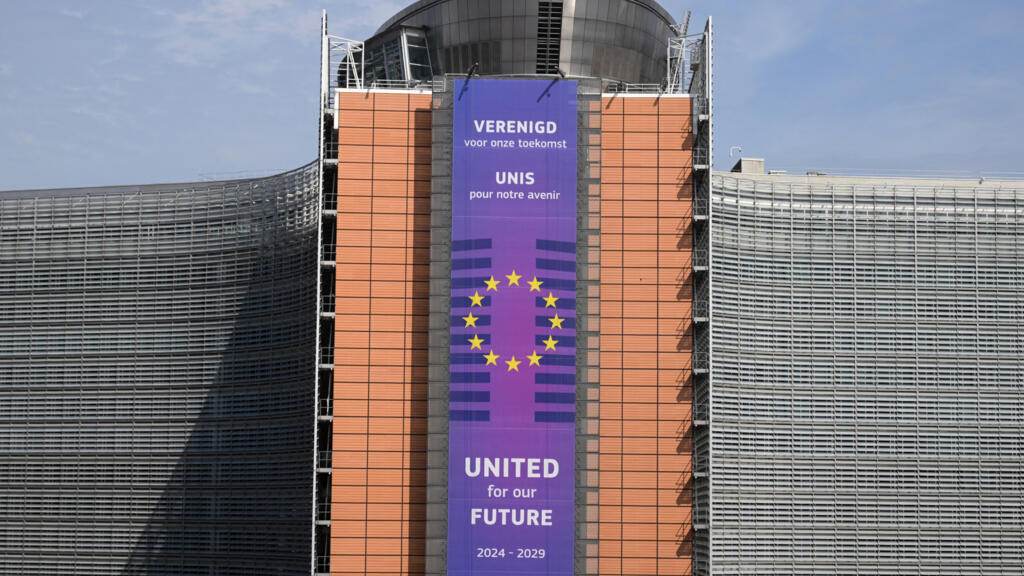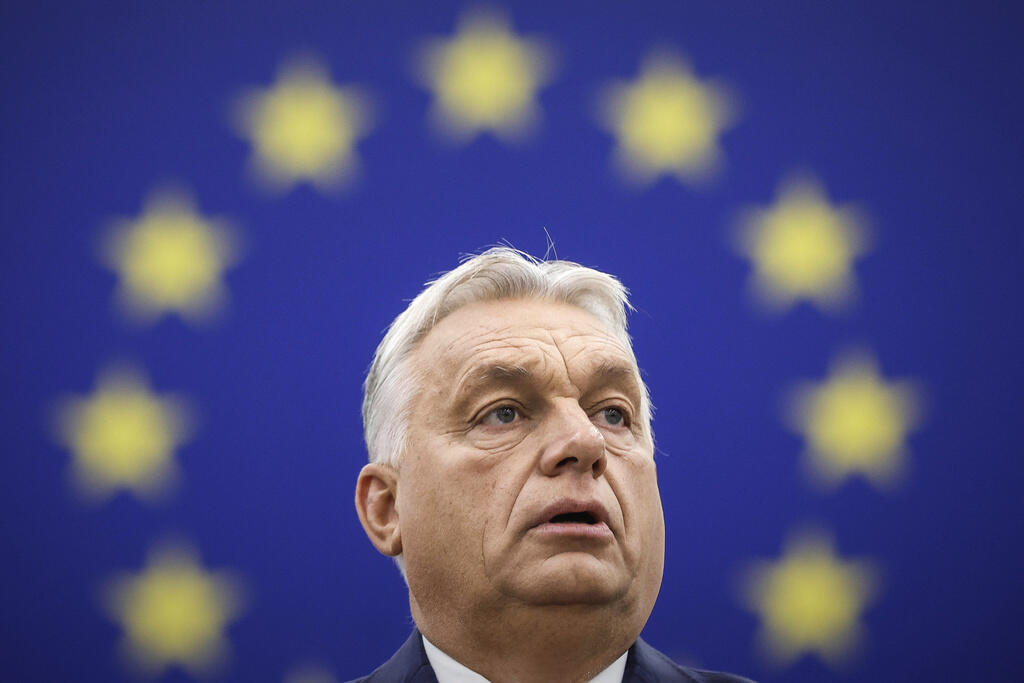
An investigation has revealed how Hungary’s intelligence services recruited citizens to spy on behalf of Prime Minister Viktor Orban’s government, targeting sensitive European Union decision-making. The exposé, published by Hungarian outlet Direkt36 and partners, uncovers the extent of this clandestine operation and exposes vulnerabilities in the EU’s security framework.
The investigation found that Hungarian intelligence services recruited Hungarians working in the EU's institutions to spy on them, in a bid to ascertain whether its policies or decisions could threaten Orban and his ruling party, Fidesz.
The report – written by Szabolcs Panyi of the Budapest-based independent publication Direkt36, alongside Belgian journalist Lars Bové of De Tijd and Hannes Munzinger and Elisa Simantke of Germany’s Paper Trail Media – details how Orban’s intelligence service set up a network hidden in plain sight between 2012 and 2018.
It cites unnamed Hungarian EU officials and other sources familiar with the operation.
The EU said on Thursday that it would probe the report's allegations. Spokesman Balazs Ujvari said: "We remain committed to protecting Commission staff, Commission information and networks from illicit intelligence gathering actions. We will be setting up an internal group to look into these [allegations]."

“Hungary, under Viktor Orban’s government, built a spy network in Brussels in the 2010s, operating covertly. Hungary dispatched intelligence officers under diplomatic cover to the Hungarian Permanent Representation to the EU,” according to Panyi.
At least half a dozen operatives – working under diplomatic cover – were active. Their mission, according to Panyi, was broad.
"They tried to recruit Hungarian citizens working within the EU institutional system as secret collaborators or informants to provide information about any countermeasures against, for example, the Orban government’s crackdown on media freedom, rule of law, or judiciary independence," he told RFI, "as well as any steps the EU Commission was preparing regarding the embezzlement of EU funds in Hungary."
These operatives were also reportedly asked to “rewrite” or remove sections of drafts “to ensure the texts reflected Orban’s government’s worldview", according to the report.
Between 2015 and 2019, the mission was headed by Oliver Varhelyi, who has since become a member of the European Commission, the EU's executive body.
The Commission spokesman indicated the EU's executive was not aware of the allegations at the time Varhelyi was vetted to be a commissioner, saying: "I don't think we had this type of information at that moment."
EU strips Hungary of €1bn in frozen funds over corruption concerns
Incentives
Hungary’s methods resembled those of several notorious intelligence services, said Panyi. “Hungary acted in a manner similar to Russia’s, China’s and Iran’s agencies. They created a covert spy ring in Brussels."
This operation involved mapping every Hungarian citizen in Brussels with access to information, conducting in-depth background checks and identifying those most likely to cooperate – and their tactics were direct.
“They offer money and career advancement, and appeal to patriotic duty,” Panyi explained, noting that several EU staff members resisted these recruitment attempts.
"The whole EU institution is completely unprepared for what happens when suddenly an EU member state becomes rogue, becomes hostile."
INTERVIEW Szablocs Panyi, investigative journalist with Budapest-based Direct36
But not every effort failed. In one case uncovered by Panyi and colleagues, “a large media company” under pressure from the Hungarian government sought help from the European Commission.
However, a Hungarian citizen representing the Commission allegedly leaked details to the Hungarian government almost immediately. The affected company suspects confidential details ended up on Orban’s desk within days, according to Panyi.
Security weaknesses
In 2017, the network unravelled. Its leader – identified only by the initial "V" – and his agents “acted too recklessly” and were reported to EU security, leading to identification by Belgium’s intelligence service, VSSE.
“It was a serious affair. Practically everyone was burned. The entire [Hungarian intelligence] network had to be rebuilt from scratch,” recalled a source who was familiar with the Hungarian intelligence service's operations at the time in the report.
While Panyi said it is unclear if the operations spying on EU institutions continued after this, he added that: "We know through our Belgian partners that the Hungarian government has bought a very prestigious building in central Brussels, right across the street from the Belgian prime minister's office... and Belgian intelligence is paying special attention to it."

The report exposes profound weaknesses in the EU’s ability to protect its institutions. A security system designed around trust between member states has proved vulnerable.
“The EU is utterly unprepared for the scenario in which a member state goes rogue or becomes hostile,” says Panyi.
He notes shortcomings in the bloc’s vetting process – in particular, a flawed system that alerts national agencies when citizens gain access to sensitive documents, which inadvertently flagged targets for Hungarian intelligence.
What can Europe learn from Orban's victory in Hungary's elections?
In response to the report, Belgian foreign minister Maxime Prévot said: “It is unacceptable to spy in Belgium, and we do everything possible to prevent it and to defend EU institutions against espionage.”
The Hungarian government has not so far responded to French news agency AFP's request for comment.
Hungary's nationalist leader Orban has been at loggerheads with Brussels since his return to power in 2010 over what the EU says is his undermining of democratic institutions and divisive foreign policy stance.
(with newswires)







